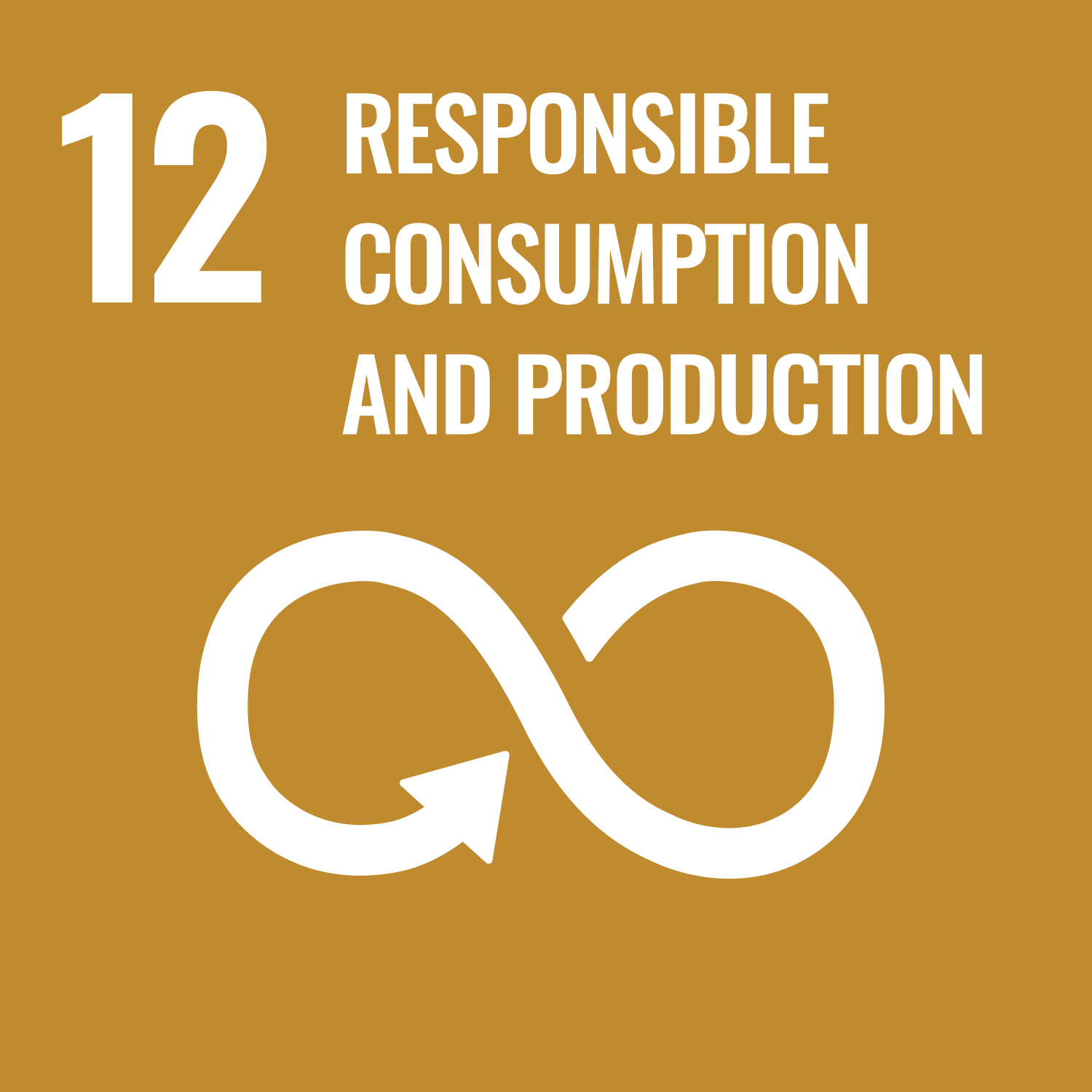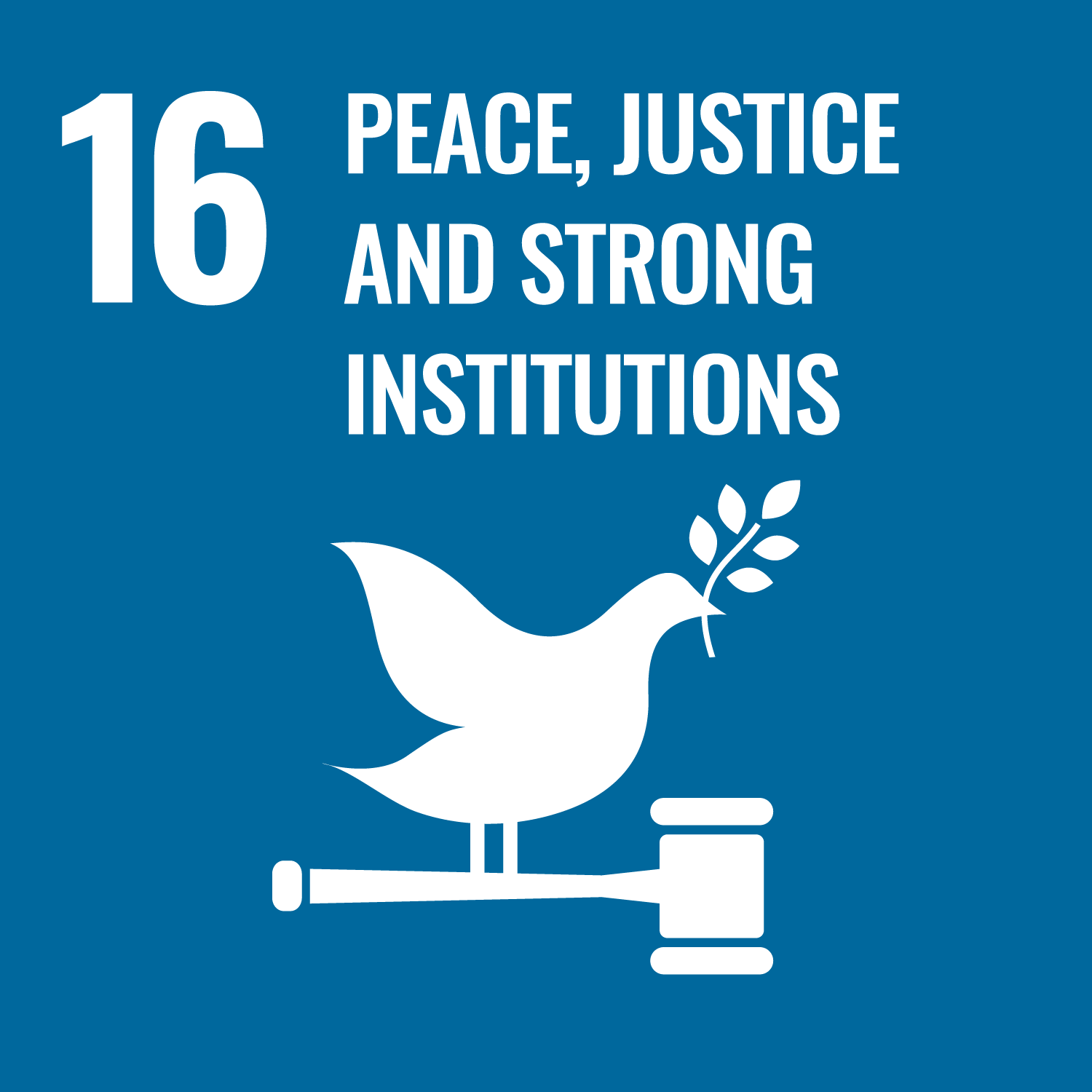ORCID
- Siân E. Rees: 0000-0001-9606-783X
- Holly J. Niner: 0000-0002-9567-9225
Abstract
Although stakeholder engagement is one of the founding principles of marine spatial planning (MSP), meaningful representation of people and their connections to marine resources within marine governance is still lacking. A broad understanding of how concepts surrounding social capital and capacity is translated into MSP practice is missing. With this article, we describe detailed case studies in the United Kingdom, Brazil and South Africa to build a better understanding of the ways in which MSP and other ocean governance initiatives operationalise the concepts of social capital and capacity. Drawing on insights from the cases, we call for a rethinking of capacitation as a two-way process. In particular, trust-building, social learning and efforts to build social capacity should be elaborated without imposing a hierarchy between people ‘who know’ and people ‘who don’t’. Innovative approaches to relationship building, knowledge development, and collaboration highlighted in the case studies highlight ways to build social capacity both among stakeholders and planners, as is necessary for more equitable and sustainable MSP development and implementation.
DOI Link
Publication Date
2023-01-01
Publication Title
Marine Policy
Volume
149
ISSN
0308-597X
Acceptance Date
2023-01-22
Deposit Date
2023-08-02
Embargo Period
2023-02-09
Recommended Citation
Jacob, C., DuPrey, D., Fullbrook, L., Lombard, A., Rees, S., Rivers, N., Snow, B., Strand, M., Zuercher, R., & Niner, H. (2023) 'A two way process – Social capacity as a driver and outcome of equitable marine spatial planning', Marine Policy, 149. Available at: 10.1016/j.marpol.2023.105507




